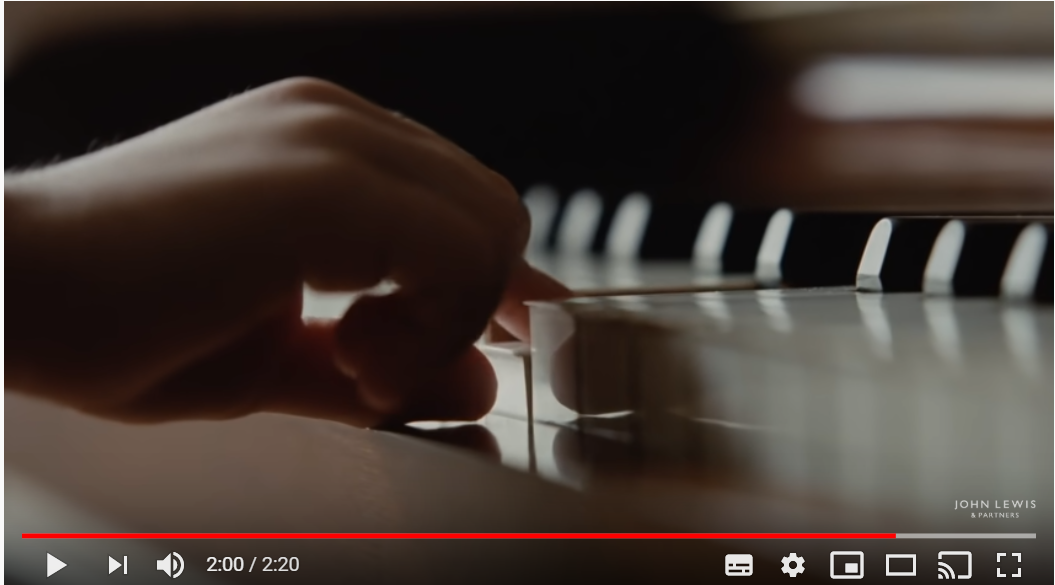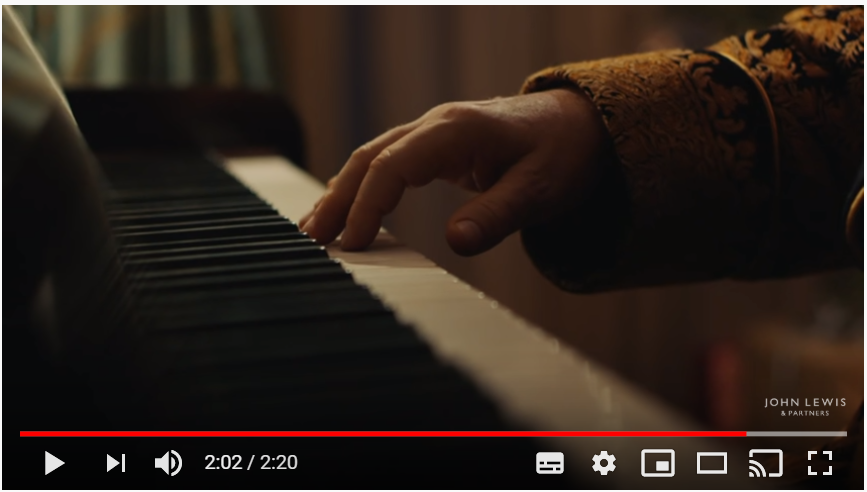If the English Language & Literature course teaches us anything, it is that context is important. While it is a prerequisite that we hone our capacities for deconstructing what we see in front of us, drawing conclusions and promoting theories based on the evidence, we must accept that we can sometimes get the wrong end of the stick, find ourselves barking up the wrong tree, unable to see the wood for the trees!
Why Bodies of Work Matter
Your English Language & Literature teachers, in preparation for the Individual Oral and the Learner Portfolio, may well have mentioned the term 'bodies of work' to you, and suggested that you need to study, prepare and discuss not just one non-literary text but a body of work. You're confused because you don't think you studied too many 'bodies of work'... in fact, when you did (a bunch of public service advertisements advertising but at the same time warning against the perils of smoking), you "enjoyed" the first ad or two, but after that felt the impact had been lost and you became a little bored. So bored, in fact, that the very idea of choosing one of those advertisements and spending yet more time on it to prepare for an Individual Oral presentation makes you break out in a cold sweat.
In fact, as part of this course, it is essential that you study bodies of non-literary works alongside (and at least as many in terms of number) the literary works. These might have been photographs by one photographer, art or street art by one artist, essays or columns by one writer, a film or a television series, or a series of advertisements by one company or one campaign. This new course and this new assessment is actually asking you to comment on the whole body of work, not just the extract you take into the examination with you.
Bodies of Work matter, of course, because nothing can be divorced from its context. While it may be interesting to read, say, George Orwell's Nineteen Eighty-Four and marvel at his prescient comments on the Internet age, Cambridge Analytica and Edward Snowden's 2013 revelations about the spying of U.S. and U.K. Governments on their own people, we know that he isn't actually writing about these things at all. He is commenting on the horrors of a Stalinist Soviet Union post-World War II, and its corruption of his beloved Socialism.The fact that his novel can still be seen as relevant for the modern-world speaks of the universal and timeless qualities of the work and what it says about human nature and power. But as students of literature, we shouldn't ignore the context of creation.
Choosing a Non-Literary Extract
Returning to the Individual Oral and a text that piqued your interest (taught within a body of work), let's say that during your studies you enjoyed the class in which you deconstructed a globally popular Christmas advertisement for the U.K. department store, John Lewis:
In order to discuss the thematic meaning and message of this video, you should prepare notes on:
Camera Use - Colour & Image - Sound & Music - Copy
Connecting to Body of Work
Now, you won't have studied this advertisement only, but a body of work looking at John Lewis and their advertising in general, in particular the memorable Christmas advertisements over the years. Talking about one video doesn't really appreciate the broader context (and, crucially, it isn't the requirement of the task).
For the above video, the global issue could be a Western obsession with celebrity and/or consumerism, or it could be as simple as the importance of a creative education, strong and stable family life, or the power of inspiration and aspiration. But it would be worth considering other John Lewis Christmas advertisements before drawing too many conclusions, or to ensure that you are speaking with a breadth of knowledge and understanding. Is the video you are looking at, from 2018, typical of style or a break from tradition and an evolution of genre (a key tenet of intertextuality)?
Take a look at the advertisement from the same company in 2014:
And Russell Brand's deconstruction of said video on his alternative news channel, The Trews. Warning, explicit language:
How much of Individual Oral - Bodies of Work have you understood?





 Twitter
Twitter  Facebook
Facebook  LinkedIn
LinkedIn